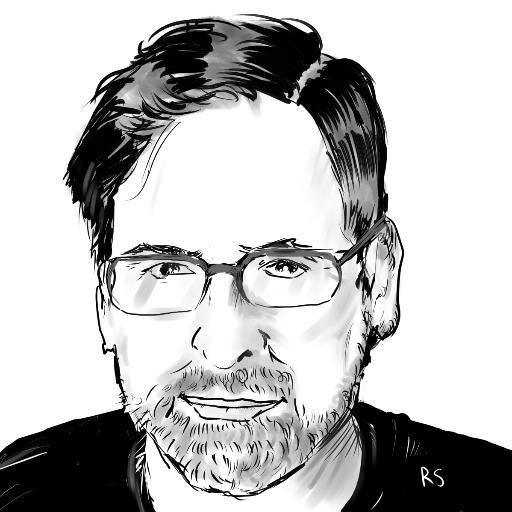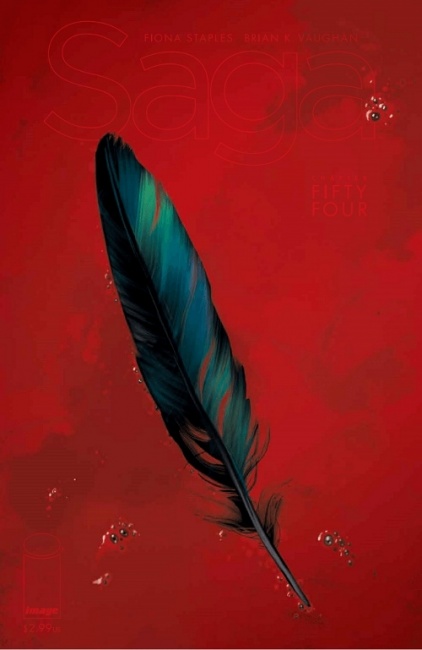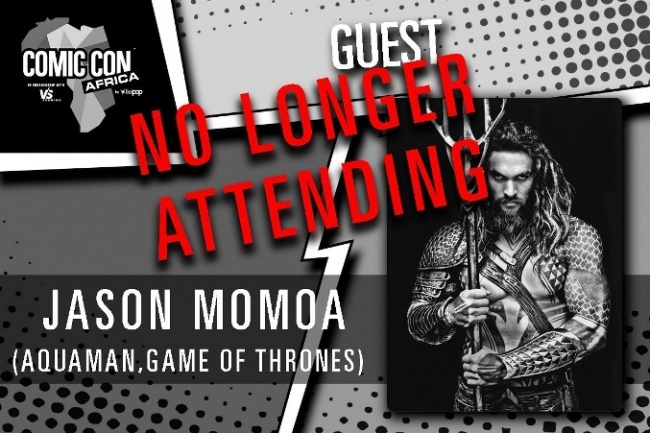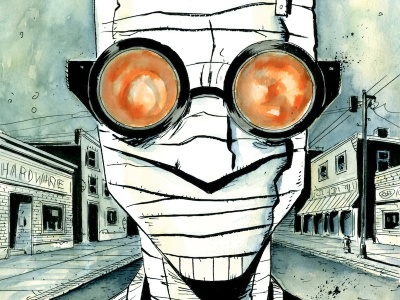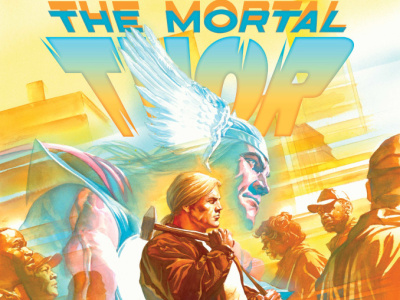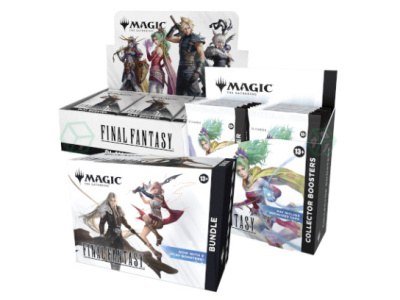Usually when San Diego Comic-Con wraps up for the year, my first thought, once I am fully conscious again, is to do a wrap-up and analysis of the show: What changed, what worked and didn’t work, what does the whole thing mean for entertainment and pop culture.
This year I really couldn’t find anything new to say. Comic-Con International instituted a few new processes around access control, pre-registration and line management. To my subjective eye, they made things run smoother at the margins, although individual experience varied. There were some hiccups in the implementation, as everyone probably expected, but they were neither disastrous nor fundamentally transformative. Comic-Con felt like Comic-Con. There were lines, there were crowds, there were giant offsite activations and parties, there was plenty to buy on the show floor and plenty to see in the programming.
Some have said this was a better show for publishing than in years’ past, possibly because Hollywood had less of a boot on the neck of the news cycle. I hope that’s true. Publishing needs some wins, considering the market is starting to move in the wrong direction (see "Comic and Graphic Novel Sales Down 6.5% in 2017."). It was also a big year for diversity, particularly at the Eisner Awards, and haters need to start dealing with that.
Other than that, it’s pretty clear that whatever cultural, economic or demographic change that the rise of Comic-Con represented has now been fully baked in. The insurgency is over. We’ve won. We are now incumbents awaiting the next wave, whether it’s backlash or evolution. But for 2018, the citadel and emblem of our triumph – San Diego Comic-Con – stands proud on its mountaintop. Hoorah.
Moving on…
Do Retailers Need to Worry About Saga’s hiatus? Last week Brian K. Vaughan and Fiona Staples announced they are taking a one-year break from their best-selling science fiction series Saga to undertake a "creative recharge" (see "‘SAGA’ Goes on Sabattical").
It seems reasonable enough. The team has cranked out 54 issues of outstanding quality, sustaining and growing a unicorn-like readership that’s looking for something besides superheroes, zombies or kids’ comics. The collected editions have topped best-seller lists and the individual issues have held their own in the sales charts despite years of continuous publication without a reboot, renumber or other sugar-high efforts to induce short term spikes.
The question is, will the absence of Saga over the next 12 months create a market gap that other "middlebrow" material (high-quality, genre-oriented comics for grownups) can fill? Or will it just leave a Saga-sized hole (roughly 40,000 copies) in the sales charts while it’s MIA?
My first reaction was to assume this was relatively good news in that it frees up wallet share among a small but intensely fought-over group of readers who might now be tempted to try some of the many good-looking titles that Image, Berger Books/Dark Horse, Aftershock, Black Mask, comiXology Originals, Ahoy! Comics, Boom! Studios, Skybound, Titan, IDW, Vertigo et. al. are bringing to market. After all, it’s hard to be the next Saga when the real Saga is still in the house.
A couple of retailers I talked to aren’t so sanguine. I guess it’s up to them to cross-sell Saga-ites into whatever is next on the list and hope it keeps them coming back. Otherwise, the real thing might return a year later into a much more challenging retail environment, at least for periodical sales.
Speaking of Sabbaticals… Here’s hoping IDW co-founder and CEO Ted Adams has a relaxing break as he steps down from his official duties. Ted is one of the real strategic thinkers in the industry and a genuine nice guy. He’s grown his business from an art-book publisher to a successful comic book company to a big media player in less than two decades. The man deserves a break to catch up on his reading.
As he departs, it’s pretty clear IDW is in for some big changes. The surprise announcement a couple of weeks ago that Marvel has licensed IDW to do kids-friendly comics featuring its superhero lineup means that IDW Publishing is now "the company that puts out Marvel and Star Wars kids’ books," with a sideline in everything else it’s doing.
The Hollywood pedigree of Adams’ replacement, Kerry McCluggage, further suggests that the company is going to lean hard into its lucrative production business, which has already seen success with Wynonna Earp, Dirk Gently, and upcoming V-Wars and Locke and Key shows. As a publicly-traded company, IDW owes it to its shareholders to go where the money is, and use its assets and talent on the projects that generate the highest return.
Momoa a No-Showa in South Africa. OK, this is completely random and off the radar, but here’s a thing. ReedPOP is launching their big new show, Comic Con Africa, in Johannesburg, South Africa in September. Their announced headliner was Jason Momoa, who is scheduled to be the Next Big Thing with the December release of Aquaman. That’s a pretty good get for any convention right now, especially a first-time show in a geography so remote that a flight there from North America makes just about any other plane ride seem like a subway commute.
Today came word on the Con’s Facebook page that Momoa has cancelled. Honestly that is less surprising than the fact that he was going in the first place, but needless to say, Drago’s absence is causing much lamentation and rending of garments among fans eager to shell out 150 Rand ($11.40) for an autograph. It’s also left ReedPOP organizers explaining that the show will go on, and will probably be awesome anyway. Going by the comment thread, many are unconvinced. And that’s too bad.
The completely understandable fan reaction here highlights the risks of making celebrities the face of your convention. Stuff happens, celebrities can’t make it, and usually the show is pretty awesome anyway if you’re there to shop, cosplay, meet other fans, play in gaming tournaments, see movie previews, meet artists and get exclusives. The fact that ReedPOP, or any international company, is doing a show in South Africa and incurring the rather large costs and risks of flying talent literally halfway around the world to spread the gospel of fan culture is a big deal.
Instead, because fans and, to a certain extent, organizers, invest so much of the prestige of the show in landing a marquee name, it’s hard not to take it personally when the headliner has to skip out. In the US, we’ve begrudgingly learned to accept that when it happens, as long as the promoters are honest and transparent about it (and refunds are forthcoming for prepaid stuff). It’s an unfortunate first taste of North American-style Con culture for our friends in Johannesburg, though.
The opinions expressed in this column are solely those of the writer, and do not necessarily reflect the views of the editorial staff of ICv2.com.
Rob Salkowitz (@robsalk) is the author of Comic-Con and the Business of Pop Culture.
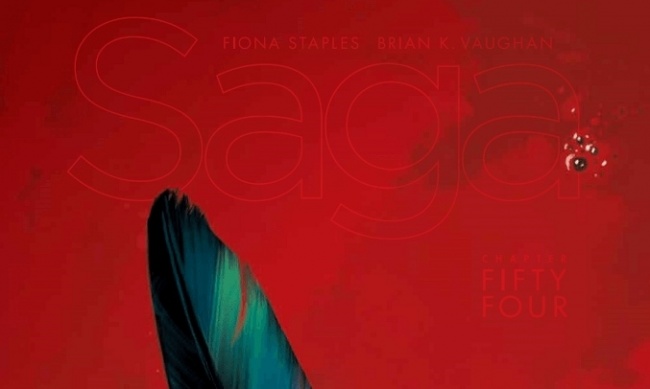
Column by Rob Salkowitz
Posted by Rob Salkowitz on July 31, 2018 @ 4:16 am CT
MORE COMICS
Story Inspired by H.G. Wells' 'The Invisible Man' Returns in Hardcover
July 3, 2025
First published by Vertigo, Lemire’s reimagining of the classic H.G. Wells novel The Invisible Man will return in a new hardcover edition.
From Marvel Comics
July 3, 2025
Check out the first three covers of the new series, which sees the God of Thunder reborn as a mortal.
MORE COLUMNS
Column by Rob Salkowitz
June 30, 2025
Columnist Rob Salkowitz talks to a mid-sized publisher who told him we are at "DEFCON 2, if not DEFCON 1."
Column by Scott Thorne
June 30, 2025
This week, columnist Scott Thorne discusses sales on the Final Fantasy set and his experience with Games Workshop's policies on breaking release dates.



